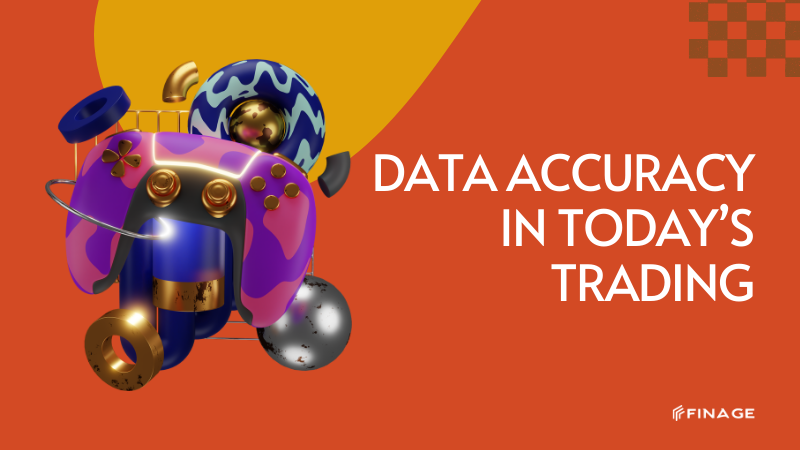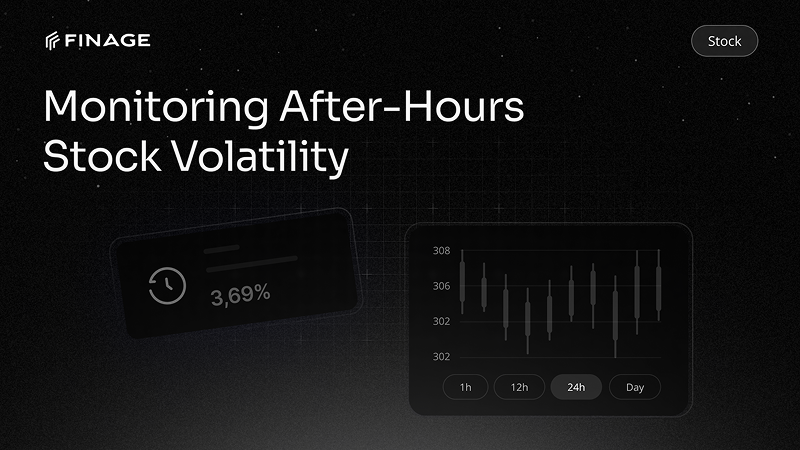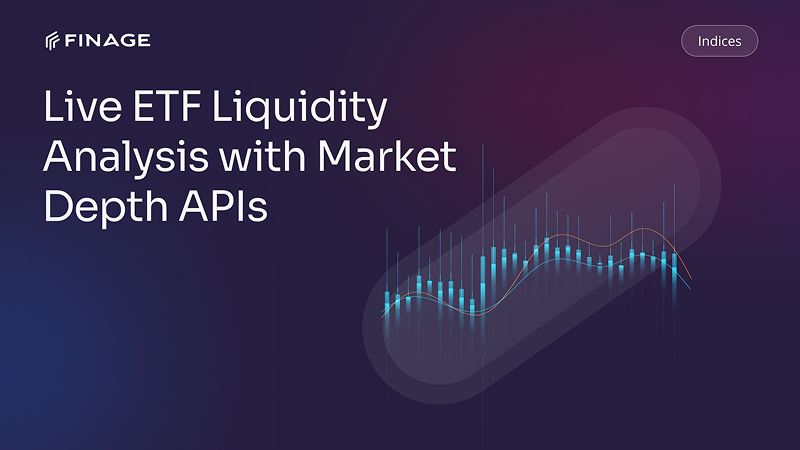Introduction
Data is a crucial part of any business. It is very important to have the right information before making decisions. Trading is a highly competitive industry that relies on quality data.
The quality of data affects decision-making in the trading business. That is because there are a lot of changes happening every hour. So having the latest and most accurate information on current trends is paramount.
Inaccurate data will lead to wrong decisions and recommendations. This all culminates in losses. It is not enough to simply get quality data. The goal is to ensure that it is accurate as well. This will help you make better predictions and increase your profits. So what is data accuracy and why should it matter?
Contents:
- Data Accuracy
- Why traders struggle with data
- Poor collecting practices
- Hoarding data
- Outdated methods
- How to improve data accuracy
- Carry out an audit
- Measure results
- Use automated solutions
- Final thoughts
Data Accuracy
The importance of data quality cannot be understated. When gathering data, it should be of a high quality. We can list many features of quality here, including:
- Accuracy
- Completeness
- Consistency
Accuracy is one of the most important ones. Data accuracy ensures you are making the right decisions when making trades. Having access to reliable financial data, real time and historical data will benefit you in making investment decisions, regardless of whether you are an individual investor, financial advisor, or institutional investor, as it can determine the success or failure in the market.
Accuracy means the information is valid and the source is reliable. That means you have analyzed the source and confirmed that it is valid. For you to be sure, the data should also be complete. Any missing parts make it invalid. Consider not knowing the entire information, you will make decisions that can either work or fail. Partial information leads to solutions that may not bring the desired results.
Why traders struggle with data
There are so many reasons why many traders are having a hard time gathering the right information. Here are some reasons why the data gathered is of poor quality.
1. Poor collecting practices
There is not so much emphasis on data accuracy in trading. Even if you want to collect accurate information, your team may not be conversant with what this entails. Without a good culture among your team, it may lead to poor results. It is important to create standards by which your team can measure accuracy. This will promote efficiency across all departments and ensure you make better decisions. Failure to adhere to set standards will lead to a compromise in data quality.
2. Hoarding data
The more data you have the better right? Well, that is not always true. With the emphasis on data, many traders aim to collect as much. This ends up as hoarding which has little to no regard for quality. Traders are spending a lot on technologies that simplify data collection. But this is not leading to improved results:
- This shows that quantity will not cut it;
- The data becomes random with no system in place;
- With no system for sorting data in order of importance, you will just end up with information that doesn't make sense;
- Hoarding will make it hard to determine which information to use while making purchasing and selling decisions.
3. Outdated methods
Many trading firms are still using old methods to gather and store data. As technological advances have been made, data has become more complex. So it means you need to have tools that are capable of storing complex data in different forms.
Modern data combines social media, vendors, web platforms, and current trends. These sources could have both accurate and inaccurate information. It is up to you to determine which data is valuable. It takes time to make sure that all errors are eliminated. If you rely on old methods, it will take longer to process data. You have to be updated with the current trends and get rid of outdated Methods that don't work.
How to improve data accuracy
Access to reliable and accurate financial data is crucial for making informed investment decisions. It can determine the success or failure of businesses, financial advisors, and institutional investors in the market. Once you realize the importance of accurate data for investment decisions, the next step is to take the appropriate measures. Here are some things you can do to ensure that data accuracy is implemented.
1. Carry out an audit
An audit should help you determine which areas are lacking. It would be a great way of knowing what is causing poor data. Some things that you may come across during an audit include:
- Incomplete information
- Duplicates
- Obsolete data
- Poor storage
2. Measure results
Look at all the data you have gathered over some time. How much of it has resulted in profitable trades? Are you able to use the data in the future? The results you have had will show if the data being generated is accurate or not. With accurate data, you are likely to make profits from trades.
3. Use automated solutions
When there is data from multiple sources, you need consolidation. This helps you create a single record for all data. Doing this manually is time-consuming and cumbersome. You are better off using automated solutions to gather, sort, and store data. This will also help you eliminate duplicates so that the only data left is accurate and useful for decision-making.
Final thoughts
Today's trading scene is highly competitive. Staying on top requires having the right information. Whether you are using historical data or current trends, the information used should be accurate. To make decisions, you need to place procedures in place to ensure data is accurate. Make sure you look at completeness, error, and consistency to ensure your information is accurate.
Avoid hoarding data. The goal should be to collect quality over quantity. Use modern methods that are capable of handling complex data formats. Also, ensure that everyone on your team adopts a data accuracy mentality. This will help you implement the necessary measures to ensure data is always devoid of errors. As well, traders are increasingly adopting algorithmic trading and accurate data to enhance their trading strategies and maximize their returns. Finage offers specialized tools that leverage advanced algorithms and real-time market data to enable faster and more informed trading decisions!
You can get your Real-Time and Historical Market Data with a finage-free API key.
Build with us today!
Claim Your Free API Key Today
Access stock, forex and crypto market data with a free API key—no credit card required.

Stay Informed, Stay Ahead
Finage Blog: Data-Driven Insights & Ideas
Discover company news, announcements, updates, guides and more



